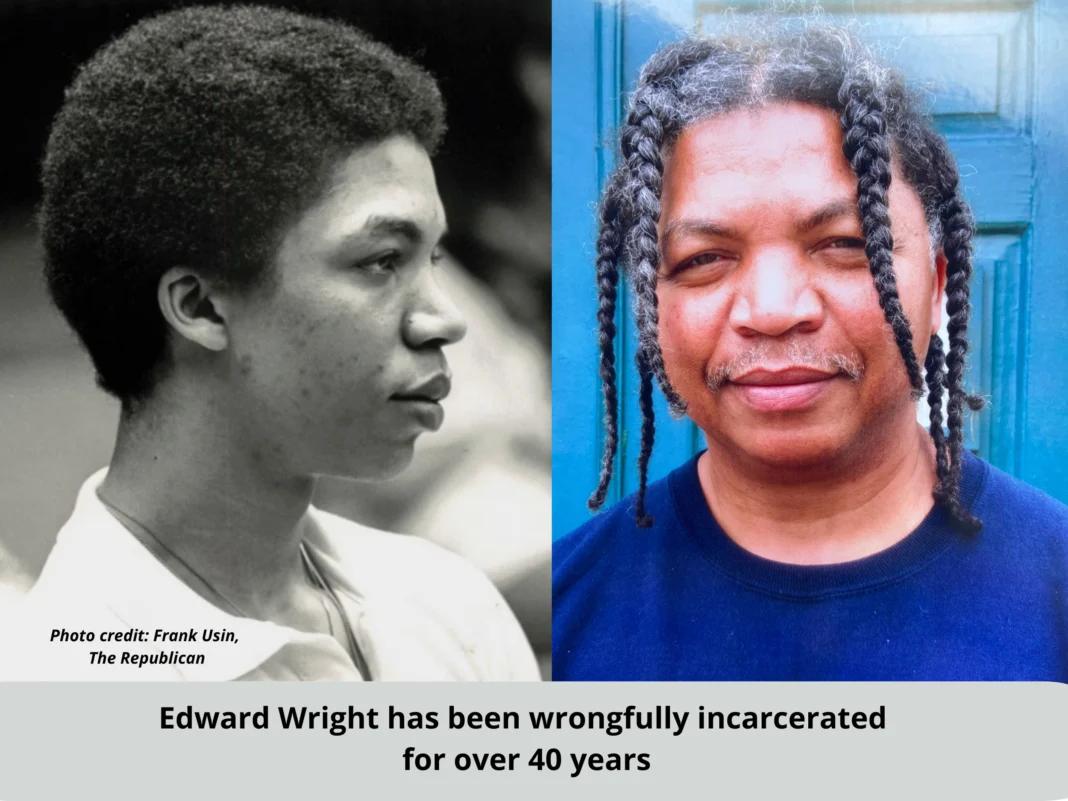When the Oregon Court of Appeals overturned the conviction of Elijah Michael Pruitt in August 2025, it did so with unusually direct language. The panel concluded that the prosecutor’s remarks during closing and rebuttal were so prejudicial that “confidence in the verdict cannot be sustained.”
Pruitt had been found guilty in 2023 of second-degree murder and weapons charges stemming from a late-night shooting near the University of Oregon campus in Eugene. The trial captured public attention for its questions about self-defense, confrontation, and gun violence among young adults. Now, the case returns to Lane County Circuit Court, stripped of its conviction and awaiting retrial.
A Shooting and a Divided Narrative
The events that led to Pruitt’s conviction unfolded quickly one night in 2021. Witnesses described an argument that escalated into a brief but chaotic exchange of gunfire outside a house near campus. The victim, another young man from the community, was killed almost instantly.
Prosecutors argued that Pruitt had initiated the conflict and fired out of anger, not fear. The defense countered that he acted in self-defense, reacting to what he believed was a lethal threat. Much of the trial centered on who moved first, who drew first, and how quickly the encounter turned deadly.
In such cases—where split-second perception defines guilt or innocence—the credibility of witnesses and the neutrality of the courtroom become everything.
When Advocacy Crosses a Line
The appellate court’s reversal turned on what happened at the end of trial, not during it. In both closing argument and rebuttal, the prosecutor urged jurors to “stand with the community” and reject “excuses masquerading as defense.” The remarks, the court found, blurred the line between evaluating evidence and endorsing the state’s emotional narrative.
Standard jury instructions—telling jurors that arguments are not evidence—could not undo the prejudice. “When advocacy substitutes for analysis, the jury’s impartial function is compromised,” the judges wrote.
Legal observers note that reversals for prosecutorial overreach are rare but crucial. “Closing arguments have power because they frame how jurors see the case,” said a Portland defense attorney who followed the appeal. “When rhetoric replaces reasoning, the risk isn’t just persuasion—it’s distortion.”
The Fragility of Neutrality
The ruling underscores one of trial law’s quiet truths: the tone of closing argument can shape a verdict as much as the facts themselves. Jurors tend to trust prosecutors, viewing them as representatives of the public rather than ordinary advocates. When that trust is used to invoke loyalty or emotion, the presumption of innocence weakens.
Courts allow wide latitude in argument, but there are limits—especially in cases involving self-defense, where intent and perception must be judged with precision. A single rhetorical flourish can tip jurors toward moral judgment rather than legal analysis.
As one appellate analyst put it, “It’s not about whether the prosecutor meant to be unfair. It’s about whether the words made fairness impossible.”
Evidence Disputes Likely to Return
With the conviction vacated, the case will return to the same circuit court, but under sharper scrutiny. The central disputes remain unresolved:
-
Who initiated the confrontation, and why it escalated so quickly.
-
Whether Pruitt’s perception of threat justified his use of force.
-
The reliability of eyewitnesses, many of whom observed events in darkness and confusion.
-
The trajectory evidence—whether it supports a defensive or offensive firing position.
Forensic analysts are expected to revisit bullet path diagrams and gunshot residue data, while defense attorneys will likely introduce new expert testimony on stress-induced perception and decision-making.
The Broader Message
The Pruitt ruling fits a national pattern of courts tightening oversight of courtroom advocacy. Judges across jurisdictions have warned that emotional appeals—particularly in violent or high-profile cases—can eclipse the rational evaluation of evidence.
Oregon’s appellate panel was explicit: the issue was not passion, but prejudice. The trial’s rhetoric, it said, invited jurors to align with the prosecution’s worldview rather than weigh conflicting facts.
Such decisions signal a shift toward reinforcing structural fairness in an era when juries are increasingly influenced by narrative framing and social context. They also reaffirm the role of the judiciary as gatekeeper—not just of evidence, but of equilibrium.
What Happens Next
The Lane County District Attorney’s Office has confirmed that it will pursue a retrial, though a new date has not been set. Prosecutors may narrow the case to the core homicide count or proceed on the full set of charges. The defense plans to seek tighter limits on closing argument and more explicit jury instructions to prevent a repeat of the 2023 errors.
Whether the outcome changes or not, the new trial will unfold under the watchful eye of both the appellate precedent and a public reminded that fairness is not self-executing—it must be guarded.
A Case About More Than One Defendant
Elijah Michael Pruitt’s case now stands as a test of how firmly Oregon’s courts will protect the boundary between persuasion and prejudice. It is also a reminder that justice, to be trusted, must be seen as even-handed—not a contest of voices, but a contest of proof.
If the retrial fulfills that principle, the outcome—whatever it may be—will finally carry the legitimacy that the first verdict lost.

